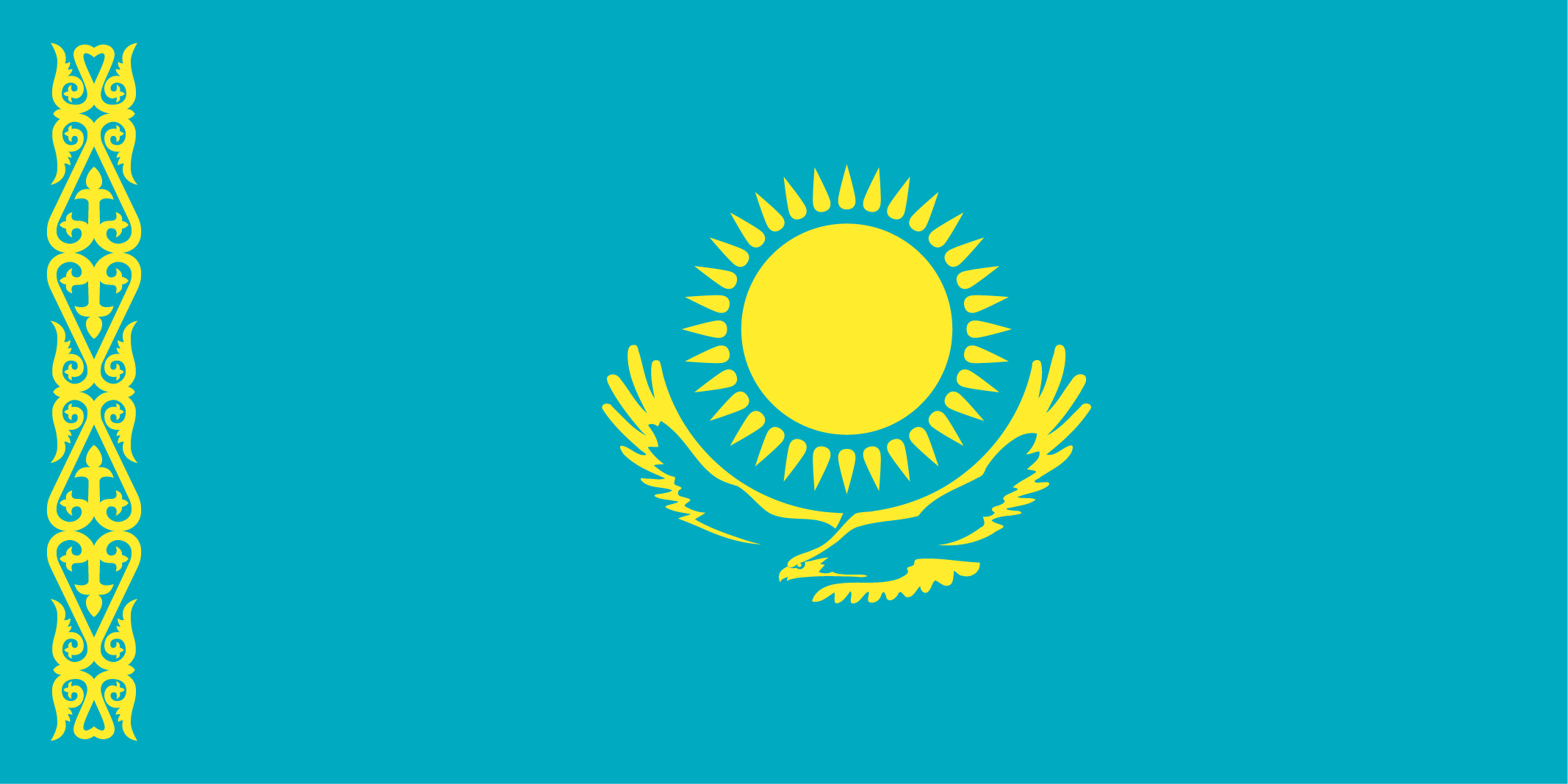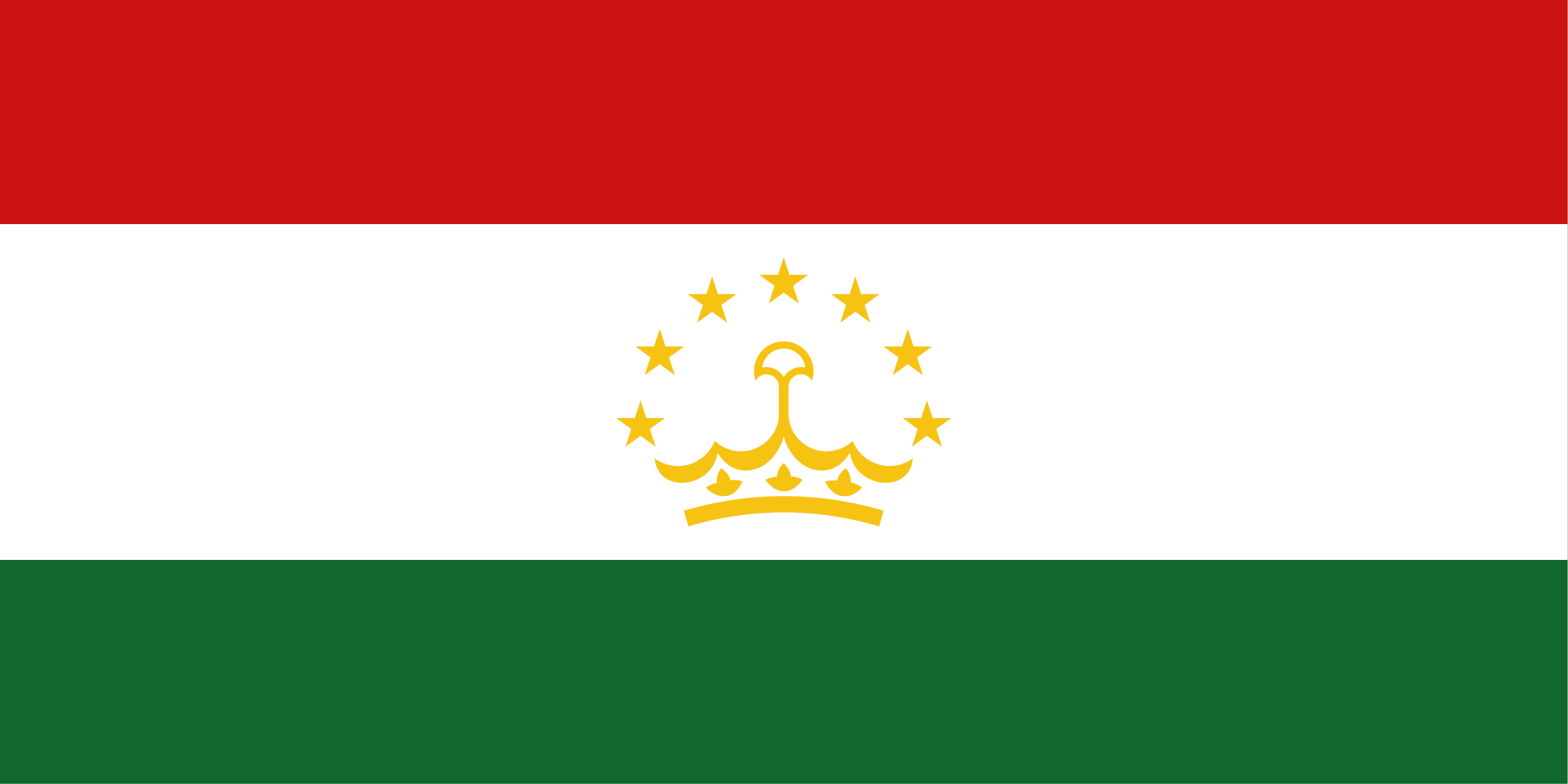Transportation of the Deceased to Azerbaijan
When Transportation of the Deceased May Be Required
The death of a loved one is always accompanied by deep emotional experiences. If the tragedy occurred outside the home country, there arises a need to arrange for the transportation of the deceased to Azerbaijan for burial according to traditional or religious canons. In such situations, it is essential to act quickly, strictly adhering to all legal and sanitary requirements. To ensure that the transportation proceeds without delay, it is necessary to properly prepare the documentation and choose the optimal method for delivering the deceased's body.
Methods of Transporting the Deceased
Air Transportation as a Priority Option
The fastest method of transporting a "cargo 200" to the destination country is by air. This method ensures minimal travel time and allows for the rapid delivery of the coffin with the deceased. However, strict rules exist: transportation can only be carried out in a hermetically sealed zinc coffin, which is placed in a wooden container. Furthermore, air transportation is only possible if all necessary documents are available, including the death certificate and sanitary permits.
Road Delivery via Border Crossings
If there are no regular flights or at the request of the deceased's relatives, the transportation of the body to Azerbaijan can be carried out by road. This method also allows for the swift delivery of the body, especially if the distance between the points of destination is within reasonable limits. When transporting by land, crossing several borders may be necessary, so transit countries impose additional requirements for documentation and the packaging of the body in a zinc coffin.
Railway Transportation - Possible but Limited
Transporting the deceased by railway is rarely used as it requires a special freight car. This is not always feasible, especially for urgent shipments. Moreover, railway transport requires special conditions: the body must be placed in a hermetically sealed coffin in compliance with all sanitary norms.
How to Prepare the Body for Transportation
Before dispatch, a set of measures aimed at safe and legal transportation must be undertaken. The coffin must be zinc, hermetically sealed, and placed in a wooden package. When transporting Muslims, it is essential to observe religious customs, including the use of a shroud, the direction of the head, and covering with a special cloth.
What Documents Need to Be Prepared
- Standard death certificate
- Certificate of cause of death
- Sanitary service permit for body export
- Certificate of absence of infectious diseases
- Confirmation of embalming
- Certificate of absence of foreign contents in the coffin
- Passport details and contact information of the recipient in the destination country
Every detail in the documentation matters. Errors, even the smallest ones, can delay shipment, especially in the case of international transportation.
Procedure for Sending the Body of the Deceased
First, all necessary certificates and evidence are collected. Then, coordination is carried out with transport representatives, whether it be an airline or a road transport service. Upon handing over the body at the terminal, the cargo must meet all technical requirements. The transportation of the "cargo 200" begins after all checks and documentation are completed. The process is accompanied by a responsible person or carried out without supervision if permitted by the transport conditions.
What Happens Upon Arrival of the "Cargo 200"
The receiving party is obligated to meet the body at the designated terminal. After completing all formalities, the body is delivered to the morgue or burial site. If necessary, the disposal of the zinc coffin and organizing the funeral takes place. In some cases, especially during transit, the body may be handed over to another ritual service, which requires additional agreement and legal support.
Additional Services During Transportation
In addition to transporting the body, the delivery of an urn with ashes is possible. This procedure requires less time and documentation. A range of ritual accessories is also provided—from standard coffins to national attributes. If necessary, transit through third countries is arranged, including coordination with embassies and obtaining additional permits. All actions are performed in accordance with religious, cultural, and legal norms.
What to Consider During Epidemics
In special cases, such as during a pandemic, transportation rules may change. Often, restrictions are imposed on opening the coffin, mandatory disinfection, and transferring the body in a neutral zone. Such measures are dictated by sanitary norms and are mandatory for compliance. It is recommended to clarify current requirements in advance to avoid surprises during the transportation of the deceased.
Frequently Asked Questions
- An escort is not required but can fly on a separate flight
- Transportation of an urn with ashes is carried out under a simplified scheme
- The body is accepted only with a complete set of documents
- Documents must be legalized and error-free
If there are any doubts or unusual situations, it is advisable to consult specialists experienced in the international repatriation of the deceased.
Why It Is Worth Trusting Professionals
Organizing the transportation of the deceased requires coordinated actions, deep knowledge, and legal literacy. Companies that specialize in such services ensure transparency, precise documentation, and full support at every stage. Specialists are ready to provide assistance, help with obtaining certificates, and monitor delivery to the destination point. Thanks to their experience and partnerships with international carriers, the process proceeds without delays and complications.



















































